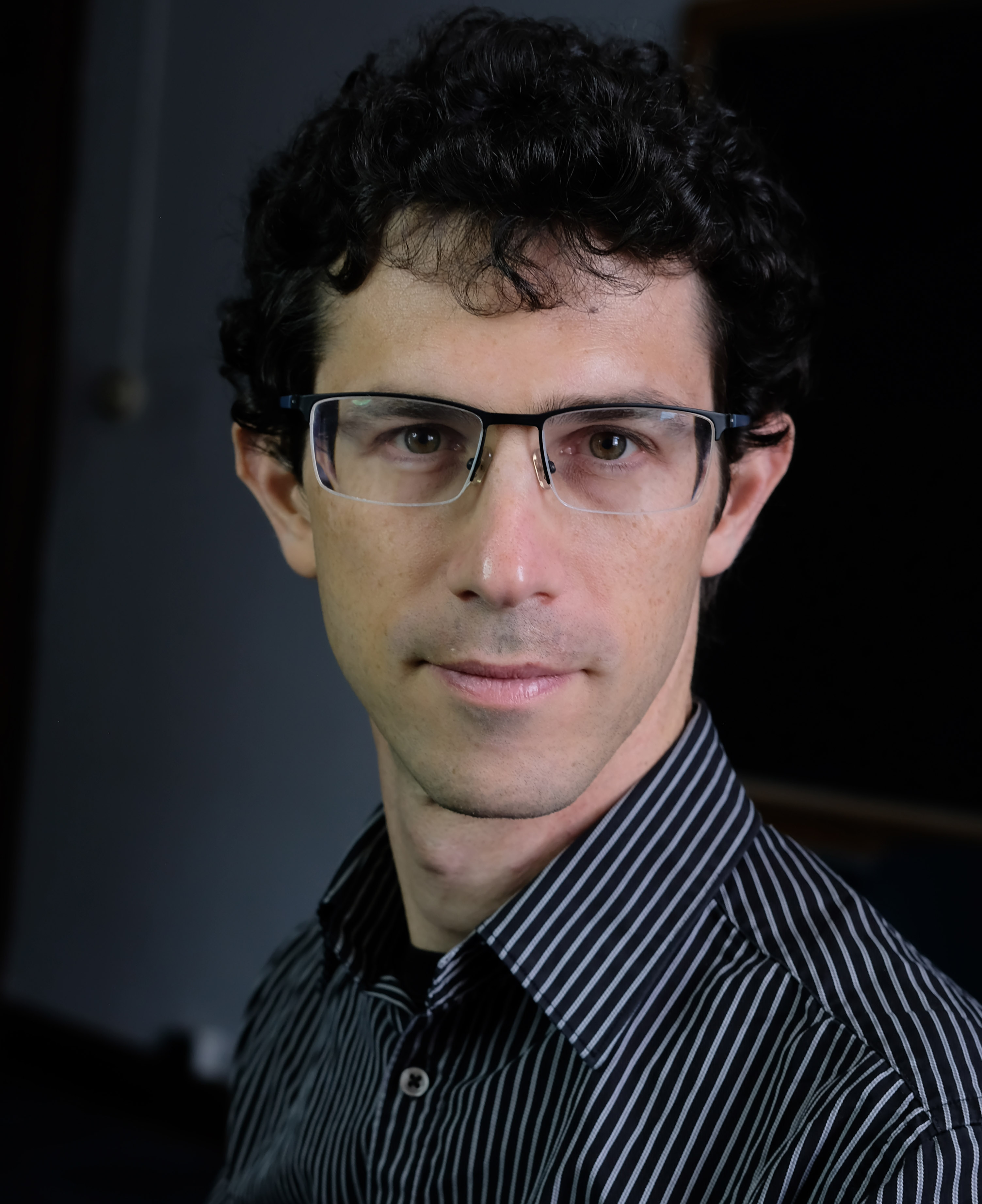MIB guest talk: Nori Jacoby
We are very happy to present Nori Jacoby from Max Planck Institute for Empirical Aesthetics in Frankfurt.
Info about event
Time
Location
Thalamus, Center for Music in the Brain, Universitetsbyen 3, Aarhus

TITLE:
Understanding Internal Representations with Massive Online Experiments
ABSTRACT:
One of the most important questions in psychology and neuroscience is understanding how the outside world maps to internal representations. Classical psychophysical approaches to this problem have a number of limitations: they mostly study low-dimensional perpetual spaces and are constrained both by the number and the diversity of participants and experiments. As ecologically valid perception is rich, high-dimensional, contextual, and culturally dependent, these impediments severely bias our understanding of perceptual representations. Recent technological advances—and particularly so-called “Virtual Labs”— can significantly contribute toward overcoming these barriers. Here I present a number of specific strategies that my group has developed in order to probe representations across a number of dimensions. 1) Our new platform, PsyNet, enables “experiments as code,” whereby the orchestration of computer servers, recruiting, compensation of participants, and data management is fully automated and every experiment can be fully replicated with one command line. I will demonstrate how PsyNet allows us to recruit thousands of participants for each study with a large number of control experimental conditions, significantly increasing our understanding of auditory perception. I will also show how PsyNet enables the effective integration of complex production modalities that are relevant to music research such as tapping and singing. 2) Virtual lab methods enable us to run experiments that are nearly impossible in a traditional lab setting. I will demonstrate our development of adaptive sampling, a set of behavioural methods that combine machine-learning sampling techniques (Monte Carlo Markov Chains) with human interaction, allowing us to create high-dimensional maps of perceptual representations with unprecedented resolution. 3) Finally, I will demonstrate how the aforementioned methods can be applied to the study of internal representations in both audition and vision, with a focus on our work in cross-cultural research, which studies how internal representations are influenced by experience and culture in diverse participants from around the world.
BIO:
www.aesthetics.mpg.de/en/the-institute/people/nori-jacoby.html
